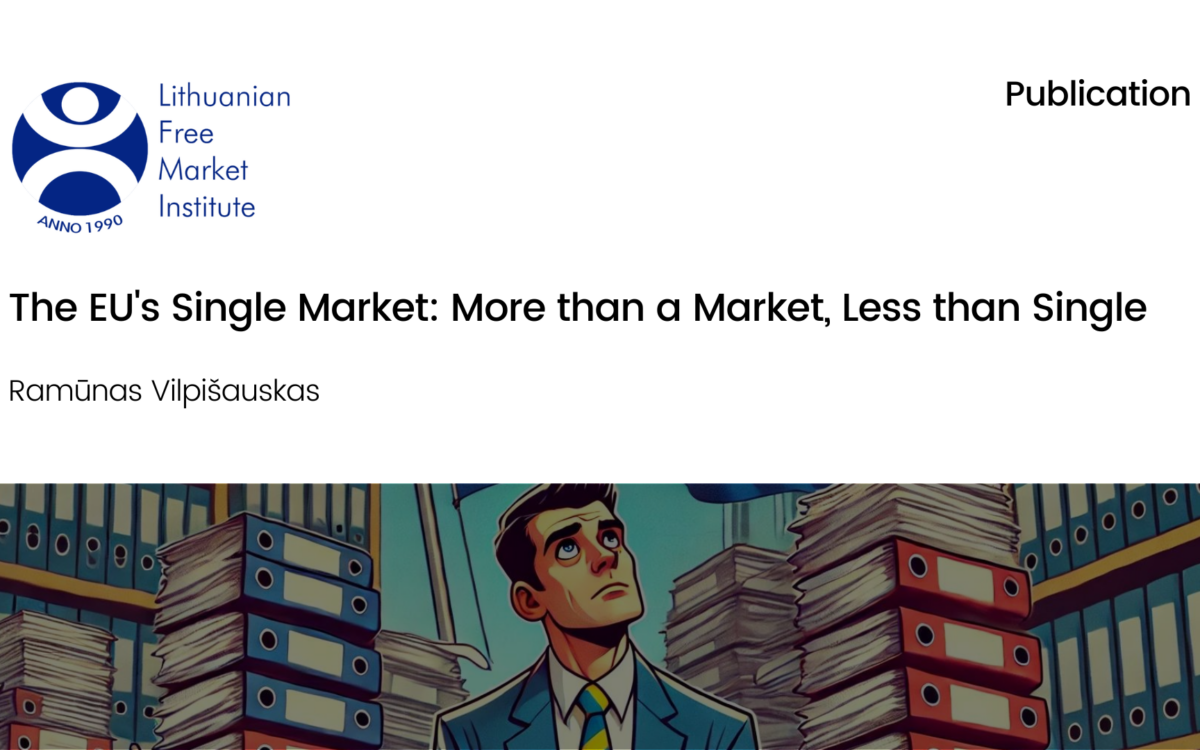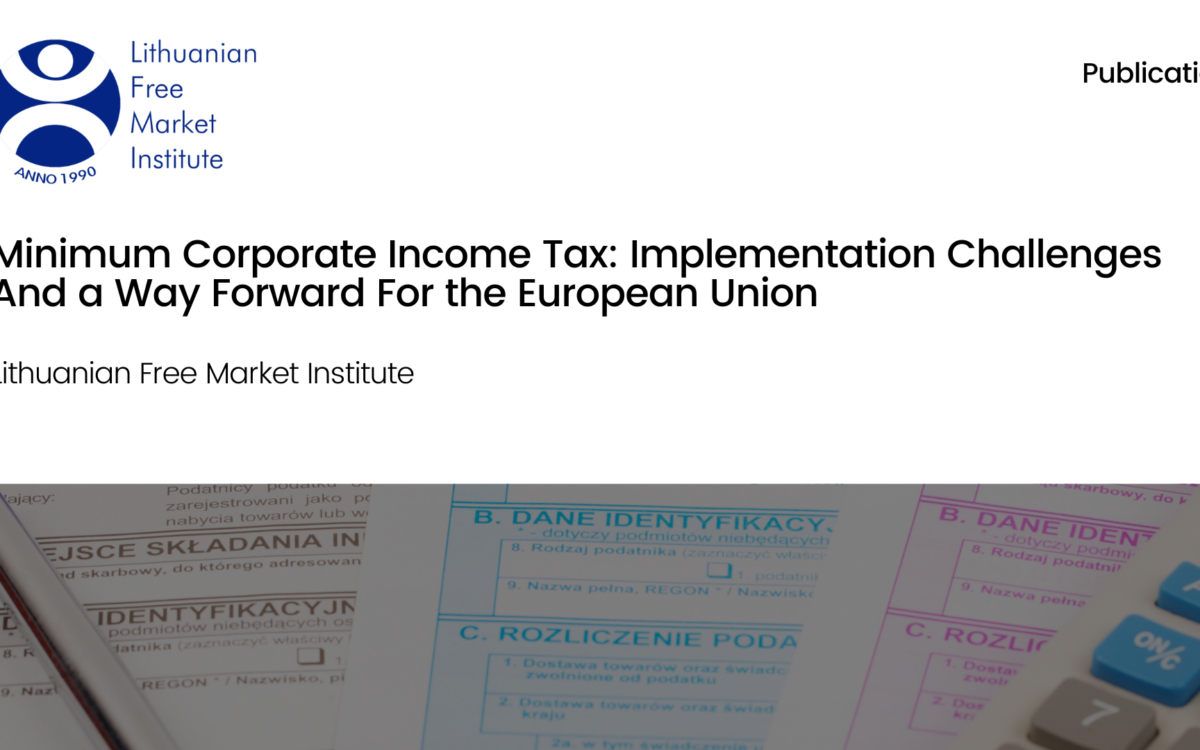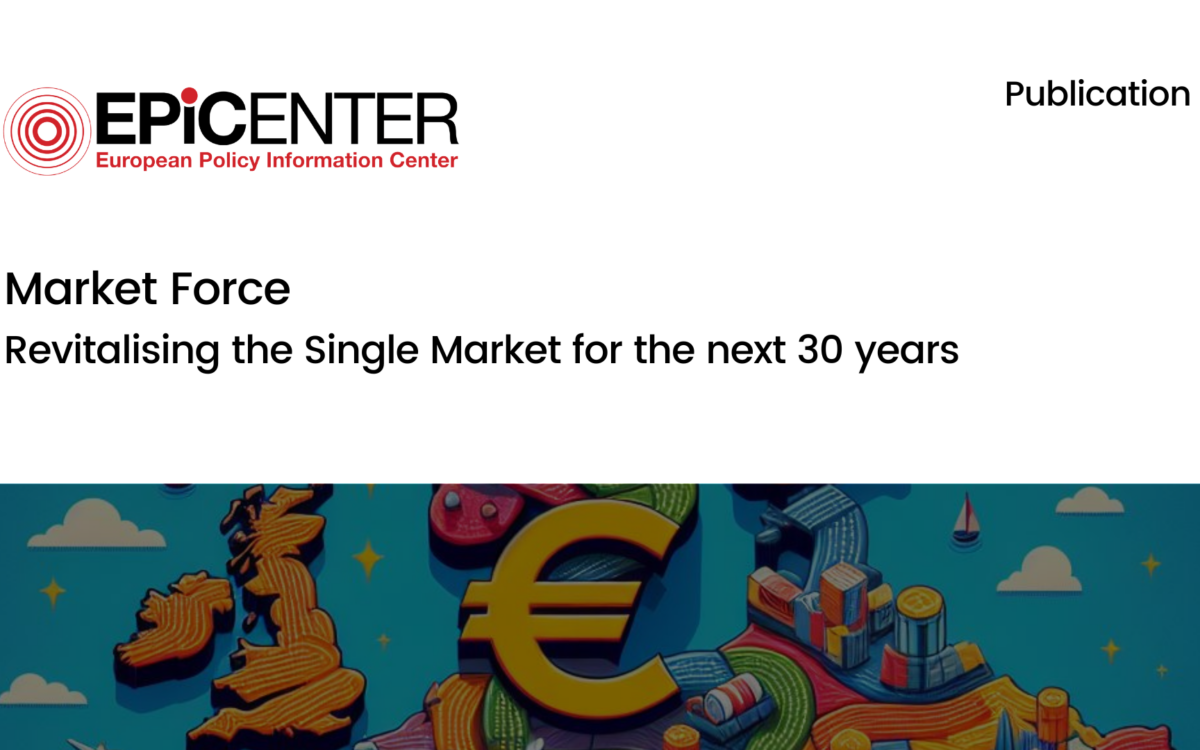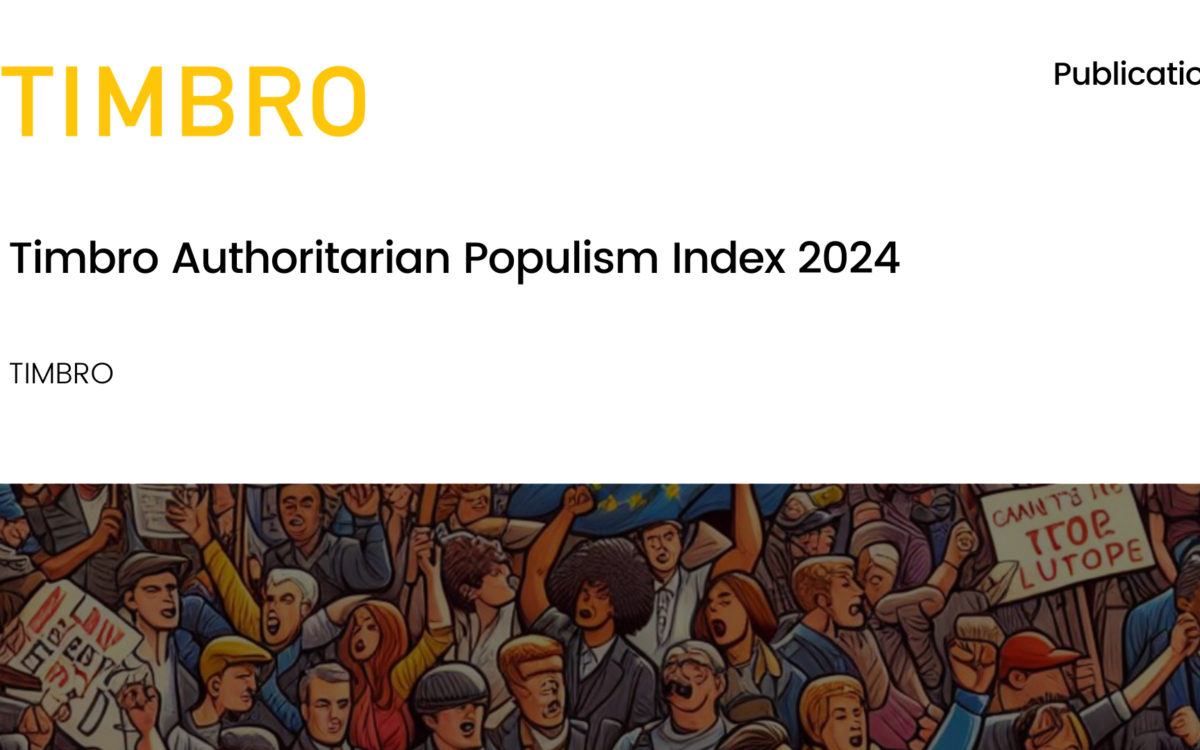The Experience of Free Banking

The Experience of Free Banking
15 December 2023
The Experience of Free Banking outlines a monetary system where private banks issue competing banknotes, usually anchored to a commodity like gold or silver, replacing the central bank’s role. This approach empowers the public to choose or discard a bank’s currency, promoting a competitive and stable banking environment.
The historical record shows that free banking is not prone to inflation, does not produce banking instability and does not produce a banking monopoly. These are big pluses. Plus if it worked in the past, then there is every reason to think it would work again in the future.
The book comes as Argentina’s new President Javier Milei has pledged to abolish the country’s central bank following triple-digit inflation and decades of monetary mismanagement.
Between 1716 and 1845, Scottish banks issued competing banknotes secured to fixed quantities of precious metals like gold or silver with few government restrictions on the sector. Scotland’s free banking period delivered stability, low inflation, and economic growth.
Adam Smith, in The Wealth of Nations, highlighted the significant role played by Scottish banking in the country’s economic development. Scotland’s per capita income increased from half of England’s in 1750 to nearly equal by 1845.
Scottish banks over this period failed at half the rate of England’s, demonstrating the system’s stability. It also delivered innovations such as extending bank branches, interest payments on deposits and an early form of overdraft.
Scotland’s successful period under free banking contrasts with the record of the Bank of England, which has played a central role in multiple economic crises, episodes of financial instability and inflation. Economist Kurt Schuler, a chapter author, writes “that London was the storm centre of so many eighteenth- and nineteenth-century panics suggests that the Bank of England’s effect on the world financial system may have been detrimental.
Download or share this publication
View the PDF
EPICENTER publications and contributions from our member think tanks are designed to promote the discussion of economic issues and the role of markets in solving economic and social problems. As with all EPICENTER publications, the views expressed here are those of the author and not EPICENTER or its member think tanks (which have no corporate view).



